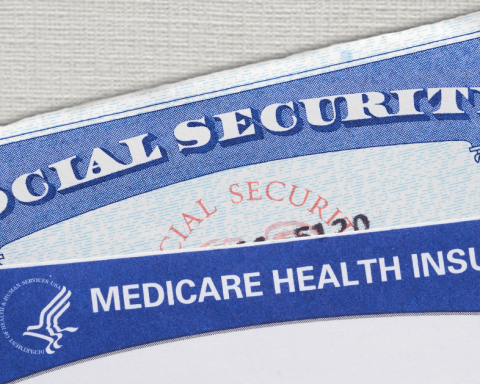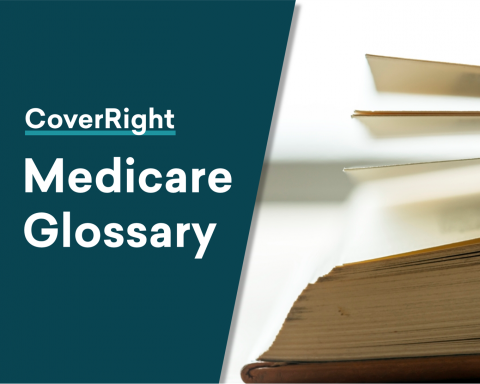Key Takeaways: Eligibility Differences: Medicare serves individuals aged 65 and above and those with qualifying disabilities, while Medicaid provides coverage based on income and state-specific requirements. Coverage and Cost Variations: Medicare includes hospital and medical coverage with premiums, while Medicaid often offers more comprehensive
MorePrior Authorization is a process used by health insurance companies to review and approve certain healthcare services or treatments before they are
Read More »A Primary Care Provider (PCP) is a healthcare professional who serves as the main point of contact and coordinator of a patient’s
Read More »Preventive care is a crucial aspect of healthcare that focuses on disease prevention, early detection, and health promotion. It involves a range
Read More »A Prescription Drug Plan (PDP) is a standalone insurance plan that specifically provides coverage for prescription medications. PDPs are designed to complement
Read More »A premium is a crucial component of health insurance that represents the cost individuals pay to maintain their coverage. It is a
Read More »A Preferred Provider Organization (PPO) is a type of health insurance plan that offers a balance between flexibility and cost-effectiveness to beneficiaries.
Read More »A preferred pharmacy is a specific pharmacy or group of pharmacies that have a contractual relationship with a health insurance plan or
Read More »Pre-Existing Condition Waiting Period – Understanding Delayed Coverage for Specific Health Conditions
A pre-existing condition waiting period refers to a specific period during which an individual who enrolls in a health insurance plan may
Read More »A pre-existing condition is a medical condition or ailment that an individual has before obtaining health insurance coverage. In the context of
Read More »The Point-of-Service (POS) option is a type of health insurance plan that combines features of both Health Maintenance Organization (HMO) and Preferred
Read More »



